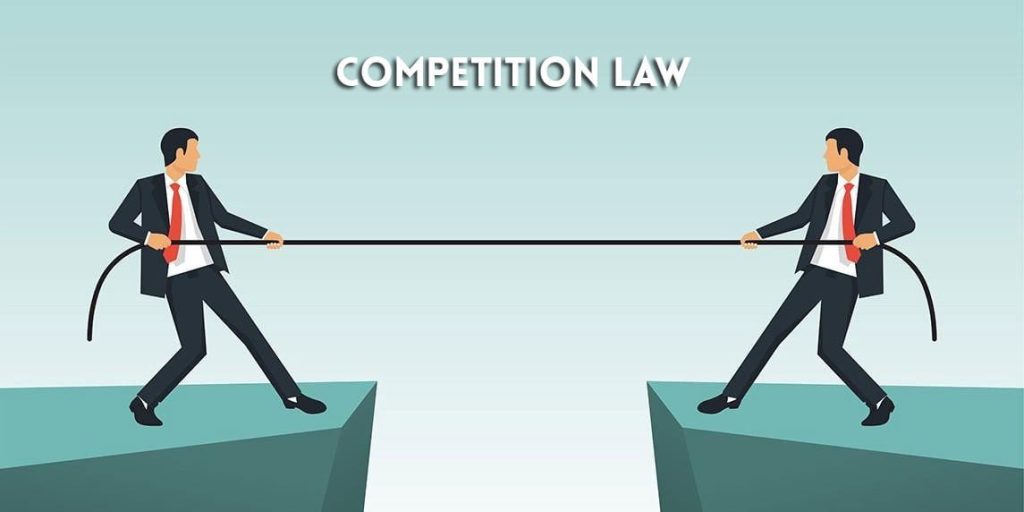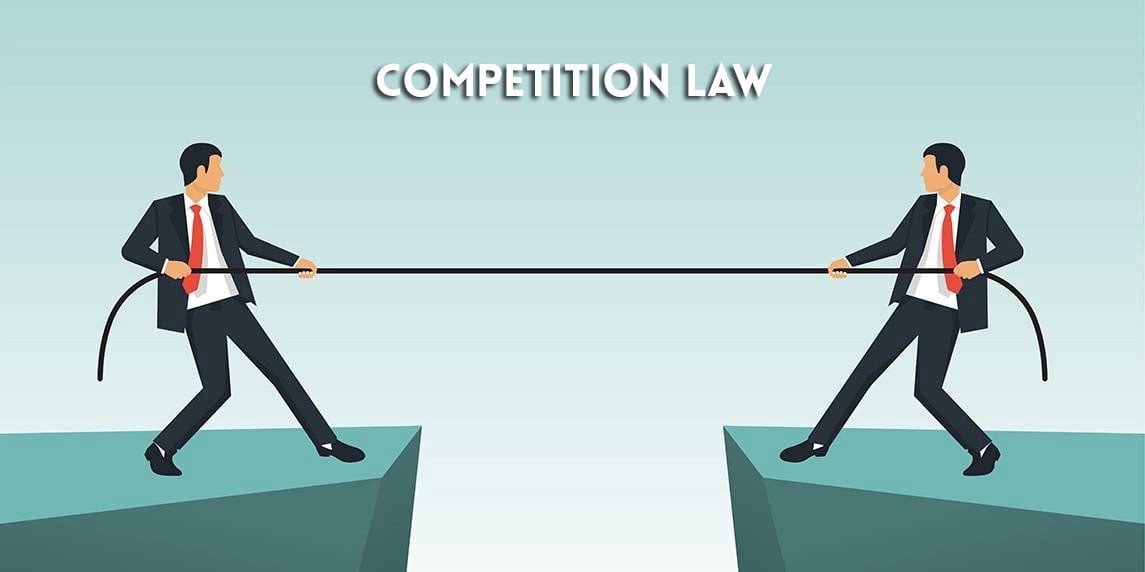Intellectual Property Rights and Competition Law in the UAE
Introduction
With the EUR1.47 billion fine issued by the European Commission and considering the lack of a consolidated competition law in the UAE, businesses here may have been excused for being tempted to focus only on their competitive activities related to operations in Europe. However, with the publication on 23 October 2012 of UAE Federal Law No. 4 of 2012 Concerning Regulation of Competition all businesses with operations in the UAE or supplying goods and services to the UAE market will have to ensure that they focus on and comply with the provisions of this new law.
[image Source : Medium Blog]
On 23 February 2013 the Law will come into force in the UAE regulating specifically competition in the form of restrictive agreements, the abuse of dominant position and economic concentration. With significant new penalties now being imposed for the contravention of the Law, it must be a priority for businesses operating in the UAE to consider the compliance of their local, and wider, operations with this new legislative framework. A very interesting and unorthodox legislative style from the UAE legislator was to introduce an opening provision clarifying the policy behind the Law. No doubt this approach will help the Courts.
Legal Framework related to IPR in the UAE
Patents
Patents (including utility models) are protected through registration with the UAE Ministry of Economy, Intellectual Property Protection Department (IPPD) and/or through the Gulf Co-operation Council (GCC) Patent which is administered by the GCC Patent Office in Riyadh, Saudi Arabia, and governed by the GCC Patent Law. Patents are valid for 20 years but utility models for ten years. The UAE is a member of the Patent Cooperation Treaty 1970 (PCT) and WIPO Paris Convention for the Protection of Industrial Property 1883 (Paris Convention).
Trademarks
Trademarks are protected by registration with the IP Department. Well-known marks have a degree of protection whether registered or not, including against unauthorised registrations of translations. A GCC Trademark Law was issued in 2006. Further revisions to the Law and its executive regulations have been issued and approved in 2015. This law will replace the current Trademark Law of 1992 subsequent to its publication in the Official Gazette by the UAE government. Although the law has come into force in some of the GCC countries such as Kuwait, it is still unclear as to when it will be published in the UAE.
Copyright
Copyright can be registered with the IPPD. It is generally recommended to register a copyright if enforcement is required, but as in other jurisdictions, the right itself subsists from creation.
Designs
Design rights are registered with the IPPD. The term of protection is ten years. The UAE is a member of the Paris Convention. Unregistered design rights are not recognised (although in some instances, copyright may apply).
Trade Secrets or Confidential Information
Confidential information is protected under the general criminal, civil and, with respect to employees, labour laws. There are specific know-how provisions in the Patent and Design Law (Section 5, Federal Law No. 44 of 1992 for the Organization and Protection of Industrial Property for Patents, Designs and Industrial Models (Patent and Design Law)). The Dubai International Financial Centre (DIFC) has issued a draft law on trade secrets specifically, although it is yet to be issued and it will not have effect across the entire UAE. A UAE federal law may follow.
Legal Framework related to Competition Law in the Country
The Competition Law in the UAE targets to promote and simultaneously, protect the competition and anti-monopoly practices by enhancing the efficiency and consumer interest. The authorities aim at ensuring sustainable development which can be achieved by stimulating a healthy and productive environment amongst organizations by regulating fair and competitive practices in the jurisdiction. Federal law no. 4 of 2012 on the Regulation of Competition governs the competition in the UAE, which certainly aims at harbouring fair and correct mechanisms in consonance with the principle of economic freedom. Exclusion and prohibition of restrictive agreements are adhered to ensure the prevention of competition. Any activity or behaviour leading to a dominant position and controlling of economic concentration operations are prohibited along with any other acts endangering the competition. Any organization being enabled to control either individually or collectively with any other organization that affects the relevant market would be a hindrance to the Competition Law.
The law applies to all economic activities that are carried out by organizations in the UAE. It shall also extend to the abuse of Intellectual Property Rights inside and outside UAE’s jurisdiction. It simply prohibits the organizations holding a dominant position from the imposition of prices on retailers or distributors and prohibits from falsely or deliberating cutting prices to alter the mechanisms in the market to their own advantage either directly or indirectly.
Any organization that causes a violation of either the provisions prohibiting the restrictive agreements and abuse of a dominant position shall be subject to a penalty of a fine ranging from AED 500,000 to AED 5,000,000.
Interplay between the two
Article 1 of the Patent Law clearly protects the “knowhow” under its ambit. “Knowhow” is defined as information, data or knowledge of a technological nature acquired through a profession which has practical application. The knowhow is protected from unlawful use, disclosure or announcement by third parties so long as it has not been previously published or placed into the public domain. Marketing protection granted in another reference country expires at the same time as its patent coverage expires there. If an applicant obtained patent protection in a WTO signatory state, and is commercially authorised to promote this invention there, the applicant may be entitled to exclusive marketing rights in the UAE under Article 71(3) of the Patent Law. There are no restrictions placed on licensing or assigning patents to foreign parties. The authors are not aware of any restriction on licensing or assigning patents that been fully or partially funded by public investment. There are no such restrictions provided in the Competition Law regarding the exercise of rights by the innovator and owner. However, the law provides that the production, sale and distribution of pharmaceuticals are specifically exempted from the law. The competition law also allows the production of pharmaceutical drugs by generic manufacturers.
Conclusion
The Law provides that a Competition Regulation Committee shall be established and shall be chaired by the Under Secretary of the Ministry of Economy. This would probably be a factor that may impact the application of the Law in a smooth and timely manner. It is no secret that Government committees struggle to convene when their composition is made up of very busy public sector officials and prominent businessmen. The Law has not provided a clear exemption or a specific treatment to family businesses. Obviously, a family business acquisition of another business in the same group which may raise dominant position concerns may still qualify and enjoy exemptions to be approved by the Minister. However, the importance of family businesses to the economy makes it worthy to address separately provisions regulating this valuable constituent of UAE businesses.
Author: Tanya Saraswat and Narsee Monjee Institute of Management Studies (NMIMS), in case of any queries please contact/write back to us at support@ipandlegalfilings.com or IP & Legal Filing.




